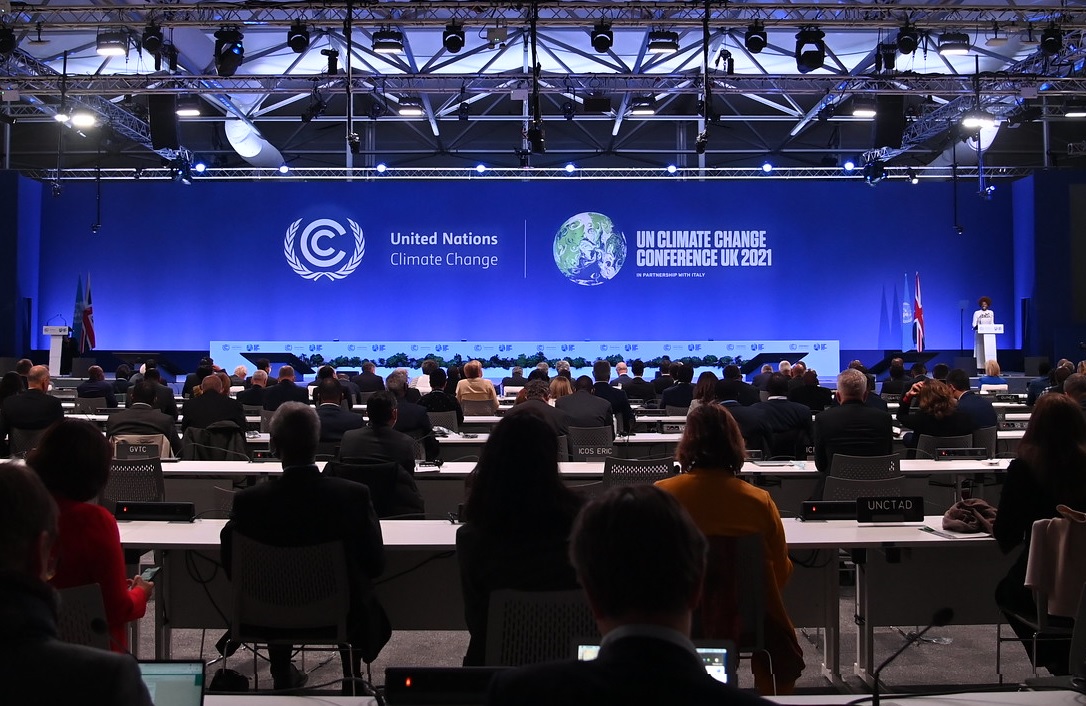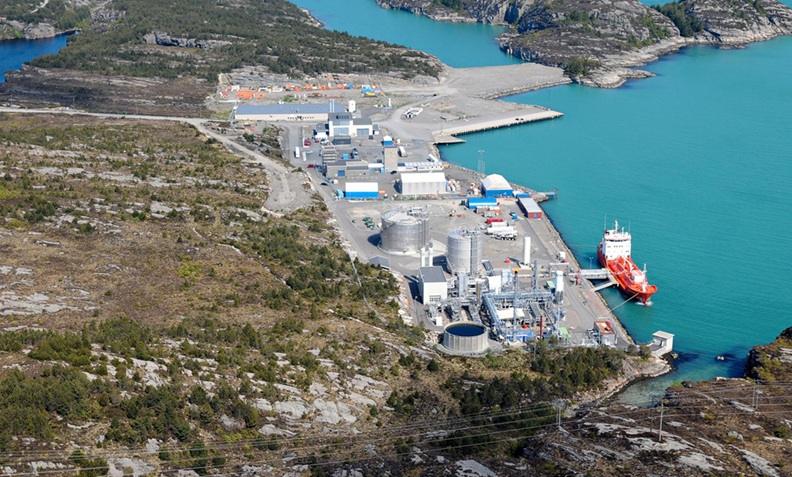U.S. & China Announce Climate Cooperation Pledge at COP26
In one of the most significant, and surprising, national-level developments at the COP26 climate conference, the U.S. and China have released a joint declaration pledging to cooperate on a series of actions and initiatives focused on combatting and addressing climate change over the next decade.
Planned areas of cooperation include the development of regulatory frameworks and environmental standards related to reducing emissions, policies to encourage decarbonization and electrification, methane emissions measurement and mitigation efforts, and deployment of carbon removal technologies such as CCUS and direct air capture.
John Kerry, U.S. Special Presidential Envoy for Climate called the agreement a “solid foundation” for climate cooperation:
The announcement comes as the summit is drawing to a close this weekend, with uncertainty remaining on the final outcome of ongoing negotiations aimed at stepping up global action to reduce emissions and raise national climate ambitions and goals. Among the main sticking points in the talks are calls by some countries for a phase out of fossil fuels, as outlined in a draft agreement released Wednesday. Petroleum-producing countries such as Saudi Arabia are pushing back on the plan, and other nations are arguing that the lack of a defined timeline makes the language too weak.
The U.S.-China statement brings together two of the world’s most significant greenhouse gas emitters in a rare show of cooperation. China produces more greenhouse gases (GHGs) than any other country, with emissions reaching over 10,000 million tons of CO2 annually, as of 2016, nearly double those of the U.S. in second place.
Among the pledges in the statement, the U.S. and China said that they intend to cooperate on regulatory frameworks and environmental standards related to reducing GHG emissions this decade, maximizing he societal benefits of the clean energy transition, policies to encourage decarbonization and electrification of end-use sectors, circular economy initiatives, and carbon removal technologies such as CCUS and direct air capture.
While China has not joined the EU-U.S. initiated Global Methane Pledge, which saw over 100 countries commit to the collective goal to reduce global methane emissions by at least 30% by 2030, the joint statement included pledges to work together on methane initiatives, including plans to meet in H1 2022 to focus on enhancing methane measurement and mitigation, “including through standards to reduce methane from the fossil and waste sectors, as well as incentives and programs to reduce methane from the agricultural sector.” Rapid reduction in methane emissions is seen as one of the most effective near-term actions that can be taken in order to help achieve the global climate goal to limit warming to 1.5°C.
Other highlighted areas of cooperation included policies supporting renewable energy, distributed power generation, and energy efficiency.
China also pledged to “make best efforts” to accelerate its commitment to phase down coal consumption, though it did not include an updated timeline for this pledge. China is by far the largest producer of coal-based energy, responsible for roughly half of global coal consumption.
The countries also pledged support for a COP26 outcome that supports the Paris Agreement goal “to hold the global average temperature increase to well below 2 degrees C and pursue efforts to limit it to 1.5 degrees C,” although this language may be seen as weaker than that seen in current draft agreements, which calls for greater action to target the 1.5 degree goal.
While the agreement was largely welcomed as a solid step forward in climate cooperation, calls remain for more action on areas that have net yet been fully addressed at COP26, including initiatives to phase out fossil fuels and ramp climate finance for developing nations.
Fiona Reynolds, CEO at the Principles for Responsible Investment, said:
“Closer collaboration between the world’s two largest emitters is a positive development in efforts to address climate change. The US’ and China’s acknowledgement of the significant gaps in current efforts to address the climate crisis is an important step, and closer working on key areas such as methane, deforestation and electricity echo key areas of focus from COP26 so far, which should be viewed as a welcome move.
“Moving forwards, this partnership should provide the foundation for closer policy tightening between the two nations, with expanded scope for consistent legislative and regulatory action to address systemic climate change issues. With this said, we still need to see action taken further and faster on key areas such as reduction of fossil fuel usage.”





